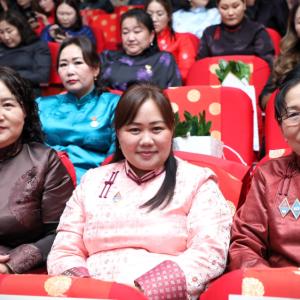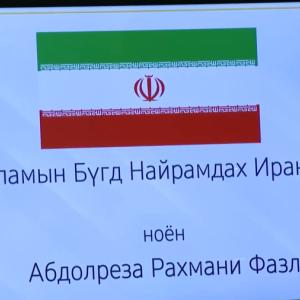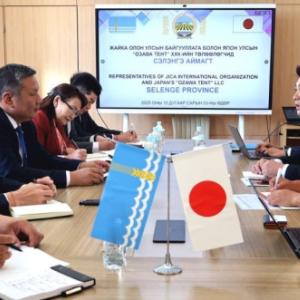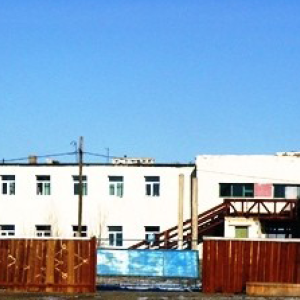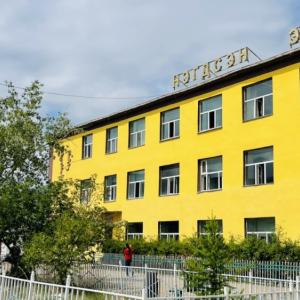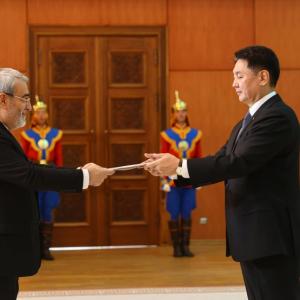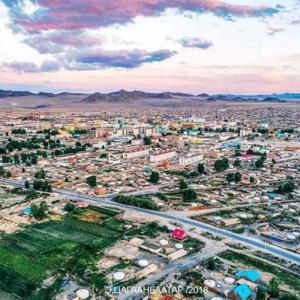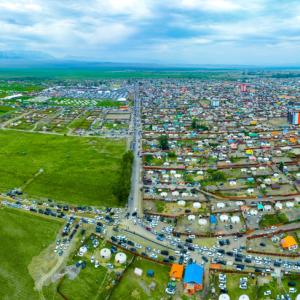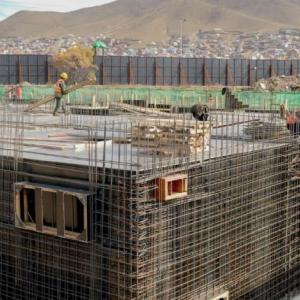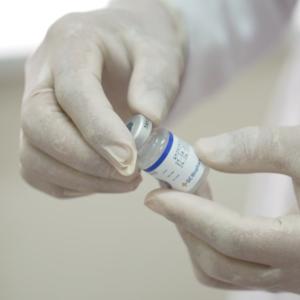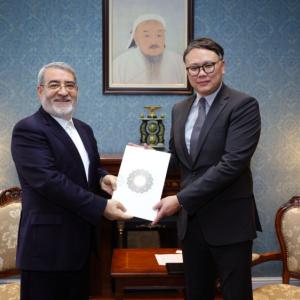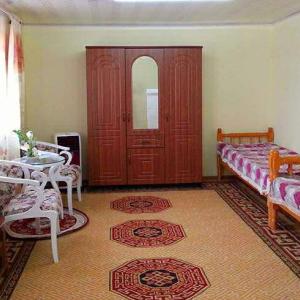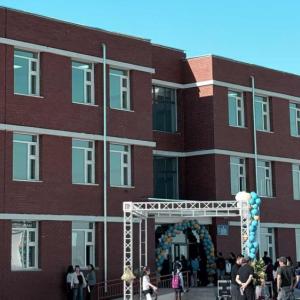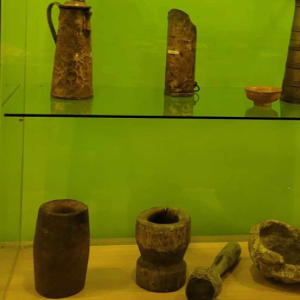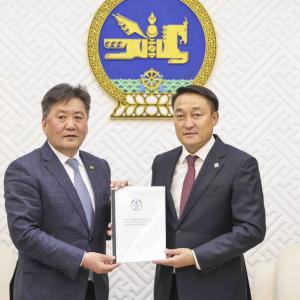Minister D.Sarangerel: Family health centers are crucial in increasing life expectancy
Society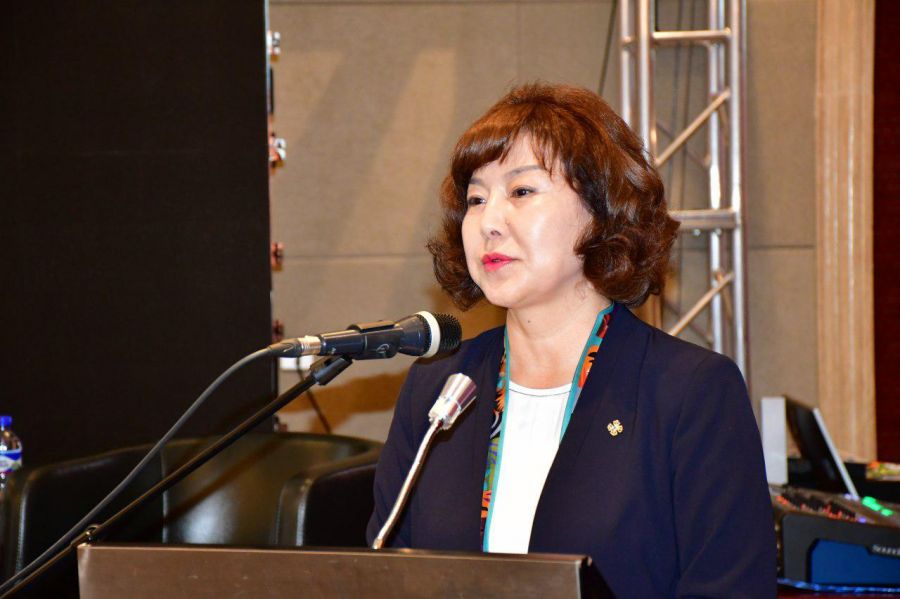
Ulaanbaatar /MONTSAME/. Primary health care and accessibility will be the center of attention, highlighted experts during a discussion that was held under the theme, ‘Current state of health care service of family health centers and further measures to be taken’.
“The discussion was jointly organized by the Ministry of Health, Health Department of the Capital City, Family Health Centers Association, UNFPA and non-governmental organizations. Of the 4,005 health care institutions operating in Mongolia as of 2017, family health centers are giving primary health care services to the public in 549 soums and villages. As for the workers in the sector, of the total of 50,519 workers, 92.8 percent are doctors and specialists, while 7.2 percent are other types of workers in the health sector. 22.3 percent are working in primary health care institutions.
A total of 218 family health centers are currently operating nationwide, giving primary health care assistance and services to 2.2 million citizens (68.8 percent of the total population).
Highlighting that officials are working to implement ‘Universal health coverage’ and create a model citizen-centered comprehensive assistance and service center by following the principle, ‘Leave no one behind’, Minister of Health D.Sarangerel said, “As it says that the citizens’ health can be prioritized by enhancing primary health care assistance and services in the WHO handbook, the Ministry of Health is working to improve the 218 family health centers in Mongolia. As a result of supporting family health centers, life expectancy has become 70.2 from 69.89 since 2016.
As according to the Sustainable Development Goals for 2030, we set our goal to have life expectancy reach 78 by 2030. We consider supporting family health centers to be the core contribution to reaching the goal. If citizens are able to be prevented from becoming sick and diseases are immediately treated, there won’t be any issues for citizens as well as the economy, reducing the patients at secondary and tertiary health care institutions. While the fee to be paid by the ministry for each patient was MNT14,600 in 2016, it has been increased to MNT20,000 as of currently. We are working to request the Ministry of Finance to increase the fee to MNT25,000 in 2020.
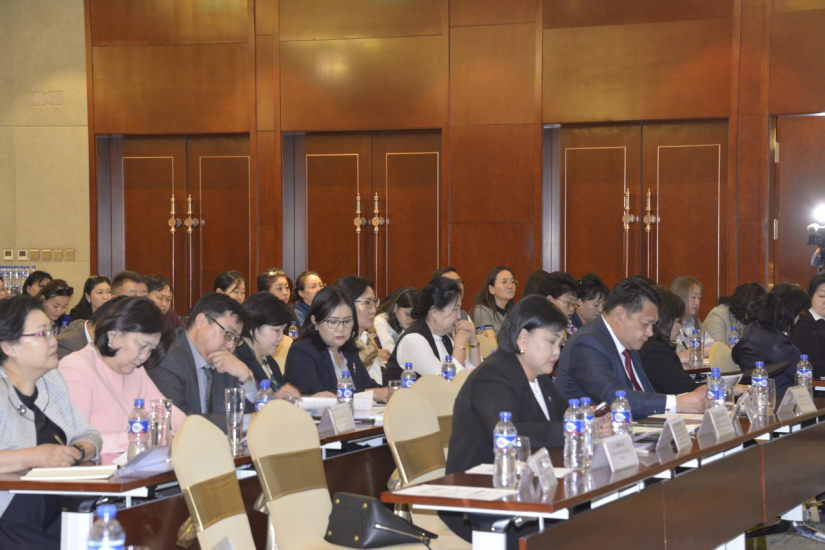
Representatives of the doctors and specialists put forth their requests to increase the financing for family health centers, give more priority to the social situation of doctors and workers and building expansions for the health centers.

 Улаанбаатар
Улаанбаатар


